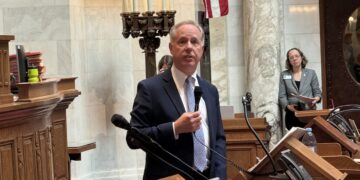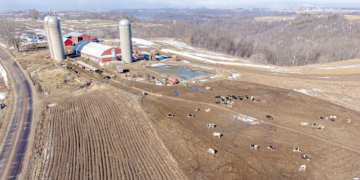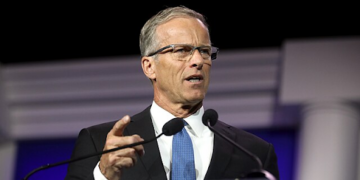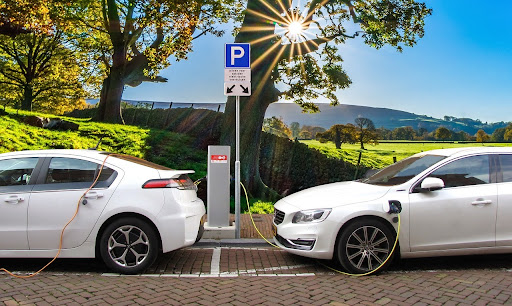The Wisconsin Department of Transportation (WisDOT) allocated $23.3 million to 53 locations across the state as part of the Wisconsin Electric Vehicle Infrastructure Program aimed at expanding EV charging capabilities.
The majority of the funds will be directed towards fast-charging stations capable of charging vehicles in 20 to 30 minutes. Kwik Trip, a major beneficiary, will see 24 of its gas stations equipped with these new charging stations. The initiative includes sites such as gas stations, hotels, and grocery stores in a wide geographical spread according to WISN.
Kaleb Vander Wiele, the transportation electrification project manager for WisDOT, expressed excitement over the geographic dispersion of the project, reaching as far north as Ashland and as far south as Kenosha County. He noted that this expansion would significantly alleviate the “range anxiety” experienced by the state’s approximately 23,000 EV owners as they travel within Wisconsin.
“The main problem with electric vehicles in the state of Wisconsin today is the lack of publicly available charging stations,” Vander Wiele added.
Wiele failed to note that EVs can face efficiency challenges in cold weather due to the need to heat the cabin and battery pack, and reduced battery performance in low temperatures. On average, EVs may experience a range loss of about 20-30% in temperatures below 40°F, which is higher than the average temperature in Wisconsin during the many winter months.
Additionally, the power for EV chargers in Wisconsin is sourced from the electrical grid, which includes a mix of non-renewable and renewable energy sources like coal, natural gas, nuclear, and wind and solar. As of now, there isn’t a specific mention of EV chargers in Wisconsin being powered exclusively by renewable energy sources.
While this initiative represents a significant step forward, not all drivers are convinced of the necessity for EV infrastructure. Some, like Paul Good, who spoke to WISN 12 News, remain skeptical about the immediate need for such extensive EV charging capabilities.
The Department of Transportation anticipates that the new EV charging stations could be operational by this fall, with the project continuing into 2025, marking a pivotal moment in Wisconsin’s transition towards more sustainable transportation options.
It’s worth noting that the federal funding for this initiative was made possible through the bipartisan infrastructure law, which allocated $78 million to Wisconsin over the next five years to expand electric vehicle charging stations.
































